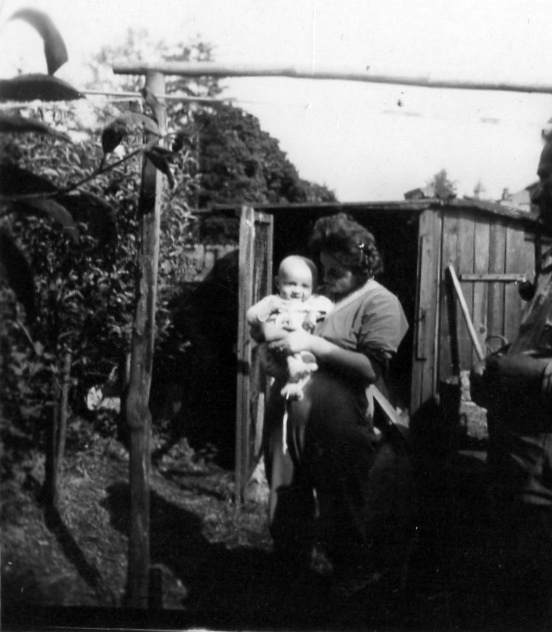We didn’t learn about it all until we were grown up...

Download image
Zdeněk Serinek was born on December 14, 1967, in Ústí nad Orlicí as the first—born son of Zdeněk Serinek and the first grandson of Josef Serinek, a Sinto Rom, the so-called Black Partisan and commander of one of the freedom-fighting units in Vysočina Highlands. Josef Serinek’s memoir was released, care of Robert Krumphanzl, in 2016 by Triáda publishing house under the title Česká cikánská rapsodie (the Czech Gypsy Rapsody). The historian and Charter-77 signatory Josef Tesař, whose life was dramatically shaped by his collections of freedom-fighters’ accounts, recorded the memories between 1963-1964. Zdeněk Serinek did not learn about his grandfather’s past as a partisan until he started attending primary school in Bystré u Poličky. His grandfather’s Sinto-Romani identity and his life’s adventures had been taboo in the family. Zdeněk Serinek trained as a machine fitter and after graduation worked at a cooperative farm. Between 1987-1989 he served in the army with railway troops. In the early 1980s and then again after 1990, he travelled with showpeople. He has been actively promoting Josef Serinek’s life story and raising public awareness regarding victims of Romani holocaust. He regularly participates on the Black Partisan Initiative’s events or the annual commemoration of the Lety-u-Písku concentration camp. He appeared in Vera Lacková’s documentary “How I Became a Partisan” (released in 2021). Since 2010, he has been a member of the executive committee and the coach of Kopidlno football club. In 2022, he was living in Kopidlno.






















